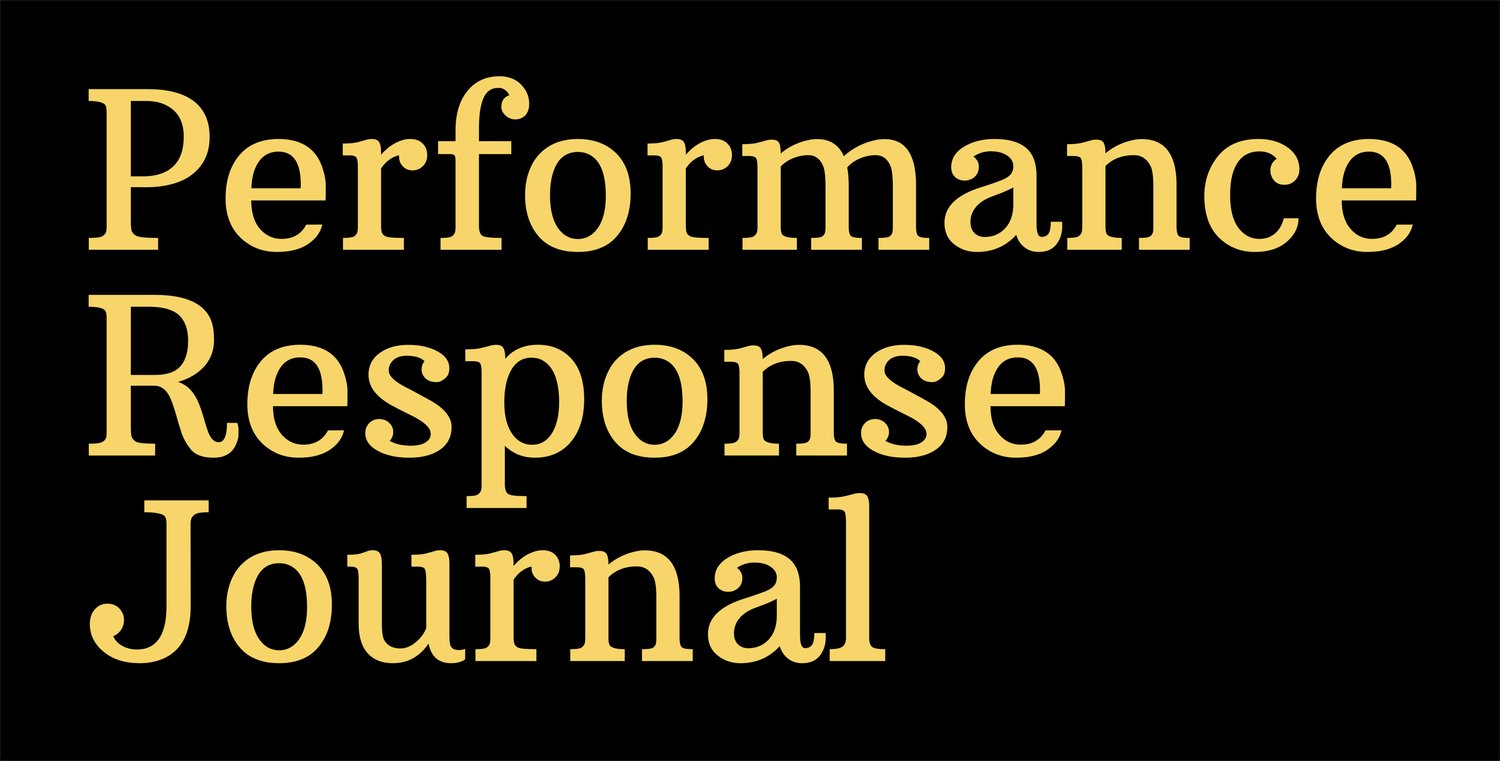What is “decolonization” to the English language?: a response by Aaliyah Christina
photo courtesy of Aaliyah Christina
The fact that I
am writing to you
in English
already falsifies what I
wanted to tell you.
My subject:
how to explain to you that I
don’t belong to English
though I belong nowhere else
-Gustavo Perez Firmat
When we think about language, we think about all the ways to speak, to write, and to think… “properly.” In the specific case of writing, we figure out ways to craft language for readers to understand while also attempting to remain true to our own form and thought. Writing in certain instances then becomes a game (or battle) of what is proper or correct vs what is incomprehensible or misunderstood vs what is true to the writer. Both English speakers and non-English speakers alike consider the English language not only to be a difficult language to learn, but a nightmare to write. The sentence structure, the clauses & prepositions, the verbiage, the homonyms… you name it. The rules of writing in this language do not necessarily bode well with non-English speakers or English speakers of certain dialects, in particular African American Vernacular English (AAVE).
English comes from the European tongue without question. Its presence and prevalence on the globe remains as such due to colonialism. I, a Black femme raised in the “united” states, am only able to communicate with you in these words because of colonialism and the trans-Atlantic slave trade. I cannot begin to fathom what it would mean to speak, write, and think in the language that belonged to my ancestors pre-colonialism. That would require some travel and DNA testing that so many of us can’t even begin to afford. So then… when we write to express this disconnect or simply to offer thought around identity, experience, or just every day being… we must translate our vernacular (read: code switch) to become or appear more palatable… more marketable… more “worthy.”
Now consider the audacity to write for publication… for performance. As it stands, a hierarchy exists in any published field in which a writer must write, edit, rewrite, submit, and wait for their work to be accepted. For the non-English speaker or the writer who speaks fluently in AAVE or other English dialects/vernaculars, what is decolonization of the English language? Of the writing? In essence, English is colonialism. How do you decolonize colonialism? We task predominantly-white/European institutions with the demand to “decolonize” not realizing their very essence and role only exists to uphold white supremacy and/or systems of anti-Blackness and other modes of suppression. These institutions have white supremacist culture woven into the fabric of their beings which means, for almost all of them, there’s no going back (or there’s no moving on/forward).
That being said, who do these white institutions afford publication, writing development, and/or consistent employment as Editors-in-chief or Staff Writers? If white supremacy is the cancer, then white privilege is the symptom. It’s not by accident that Staff Writers and lead critics for Dance, Theatre, Music, etc etc. are mostly white. These are not coincidences. Critics and writers of performance reside in the Chicago Tribune, Sun-Times, Reader, etc. Count on your fingers and name those writers, they are white, right? Maybe there are Black or Asian writers that you can name, but sometimes (if not often times), they are attached to a diversity hire or initiative made in the guise of “equity” instead of actually being valued as what they are: writers, editors, witnesses.
Decolonization is the action of dismantling the very structures that keep Black and Brown folks from taking care of themselves and their families. Decolonization is not in the language we write as writers on stolen land inside institutions built from hegemony because the language is the direct result of colonialism; thus, using said language is pretty much inevitable. Decolonization lives in the decentering of whiteness as standard and focuses on an attempt/act of reparations and centralizing performances, writing, and witnessing of Black, Indigenous, and other people of color. In a dream world (or in a better world), I see publications and performances offering opportunities and cultivating talent from Black and Brown folks by Black and Brown folks. This means we are in charge of our own presentation just as much as we are in charge of how our presentations are archived, compensated, and reflected on.
***************
Aaliyah Christina is a co-organizer and content curator with Performance Response Journal 2.0. Based in Chicago, she moves, writes, and collaborates while working as an arts administrator and curator. She co-organized the “Deconstructing Language: Liberationist Writing for Performance” workshop series featuring workshop leaders Benji Hart, Felicia Holman, and Brianna Alexis Heath. You can register here.


